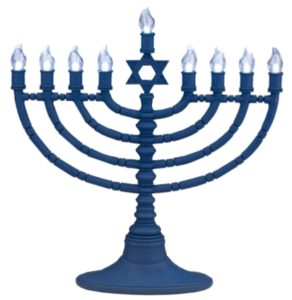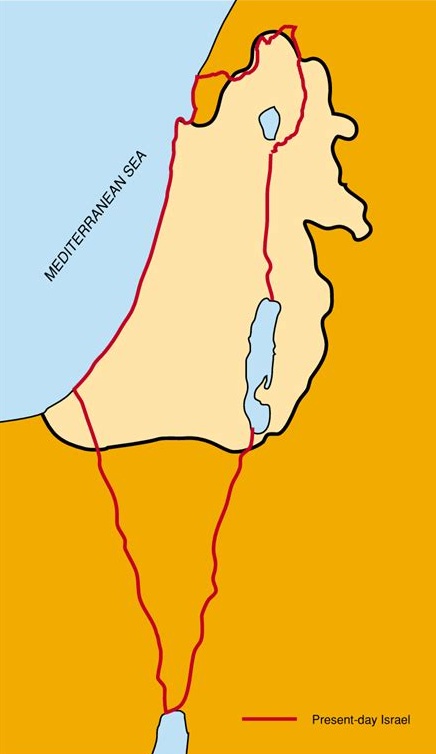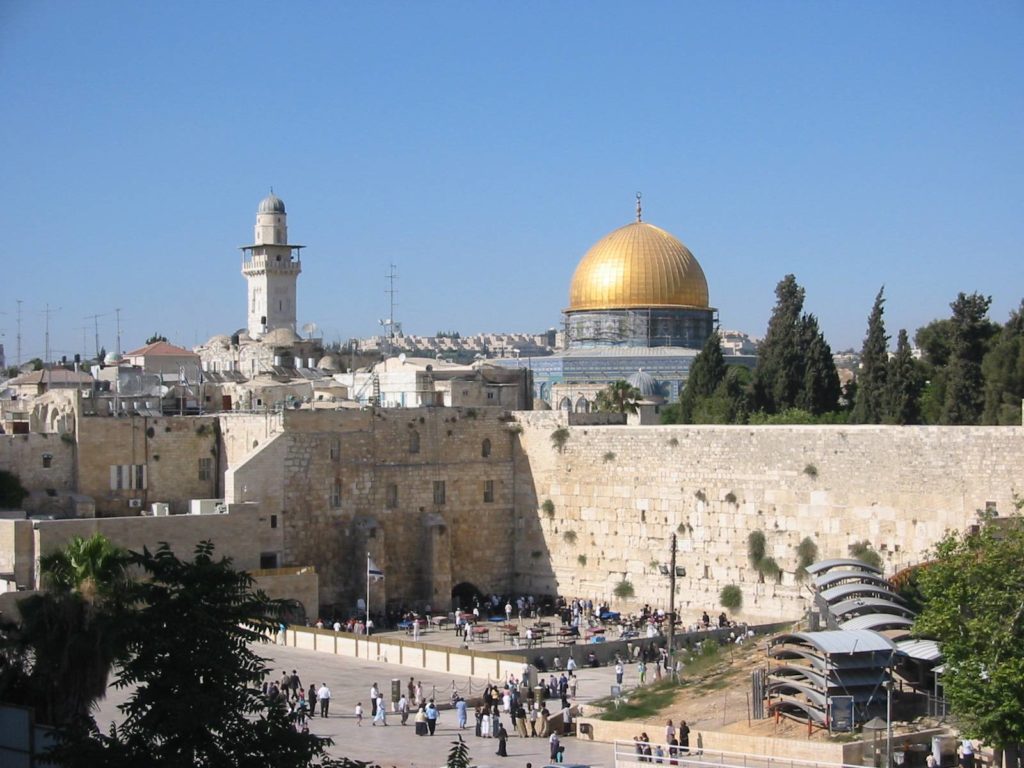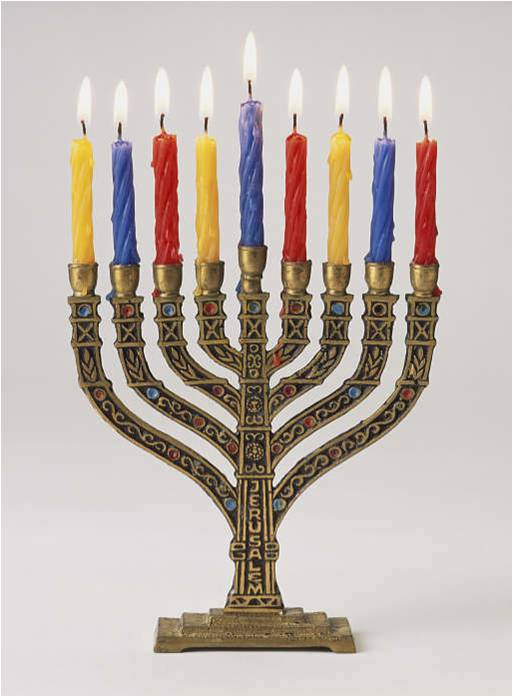December 9, 2023
Another update for the holiday of Chanukah. This time with a YouTube video that provides a nice video summary.
December 17, 2022
Update
It’s time to dust-off the old reliable article that I first wrote during my youth…
December 25, 2019
Happy Chanukah! This is a year that the lunar calendar (the basis for the ancient Jewish method of tracking dates) aligns more closely with the solar calendar and thus, Christmas and Chanukah occur at roughly the same time of year… If you want to read more about Chanukah than I’ve put together below, I would recommend this article from Rabbi Dov Fischer.
December 5, 2018
It’s my best writing for the Chanukah season…
December 12, 2007
In celebration of that famed Jewish holiday known as Chanukah, it’s important to share some facts about the real story behind the holiday… By the way, that’s “Chanukah” with a “cha” sound. Not Hanukah with a “ha” pronunciation. As my wife likes to say, you’ve got to spit a little when you pronounce Hebrew words.
Back to the subject… Chanukah is not considered a major holiday by most Jewish standards. Remember, Jews seem to have holidays – i.e., “holy days”, every month. While I don’t necessarily agree, the most important Jewish holidays focus on devotion to God… Chanukah celebrates the Jewish revolt against the Greek Empire (actually the Seleucid “branch” of the Greek Empire) that was based in an area where modern-day Syria is located (do you see any irony here?). This took place over 2,000 years ago, about 170 years before the birth of that famous Jewish carpenter/fisherman.
The Seleucid Emperor outlawed Jewish religious practices and actually converted the Temple of the famed Ten Commandments into a place for pagan worship (the current remnants of the Temple in Jerusalem are known as the “Western Wall”. In later years, to “stick it to the Jews”, the Moslems built a mosque on top of the Jewish Temple). Any Jew that disobeyed Emperor Antiochus’ order for pagan worship was put to death.
When a unit of Seleucid troops arrived to enforce the Emperor’s orders, a Jewish priest named Mattathias refused to betray the one God. When one of the Jewish townspeople said that he was going to assimilate and start bowing down to idols (yes, even in the days of the Maccabees, there were pusillanimous leftist Jews), Mattathias killed the traitor, as well as the Seleucian troops. Mattathias’s son Judah organized a small group of men who fled to the Judean hills.
Judah and his men trained in preparation for the inevitable Seleucid military retaliation. Over time, the ranks of the Jewish rebels grew, and against incredible odds Judah and his men were victorious in a number of battles against the highly trained, heavily armed Seleucid army (remember, the Seleucid army was spun off from the armies of Alexander the Great). Judah was a brilliant military strategist, utilizing what were at the time the unconventional military tactics of a guerilla warfare.
Little do people know that Mattathias, along with Judah and his followers went throughout the Judean lands preaching open resistance. Any towns that had given-in to the Seleucids were burnt to the ground. Most importantly, as far as Chanukah is concerned, Judah and his men captured Jerusalem and rededicated the Temple for Jewish worship. They thought they only had oil for the menorah for one night, but it lasted eight days (thus, the eight days of Chanukah).
As you can see, the story of the Maccabees is much better than the story of William Wallace as depicted in the movie Braveheart (I’m still waiting for Steven Spielberg or Mel Gibson to make a feature movie about the Maccabees). For those of you not aware, Maccabi is the Hebrew word for “Hammer”. Mattathias and Judah were actually part of the Hasmoneans, but evidently people thought enough of Judah’s ass-kicking approach to warfare that they starting calling him “the hammer”. Thus, we always refer to this small band of right wing Jews as the Maccabees.





One comment